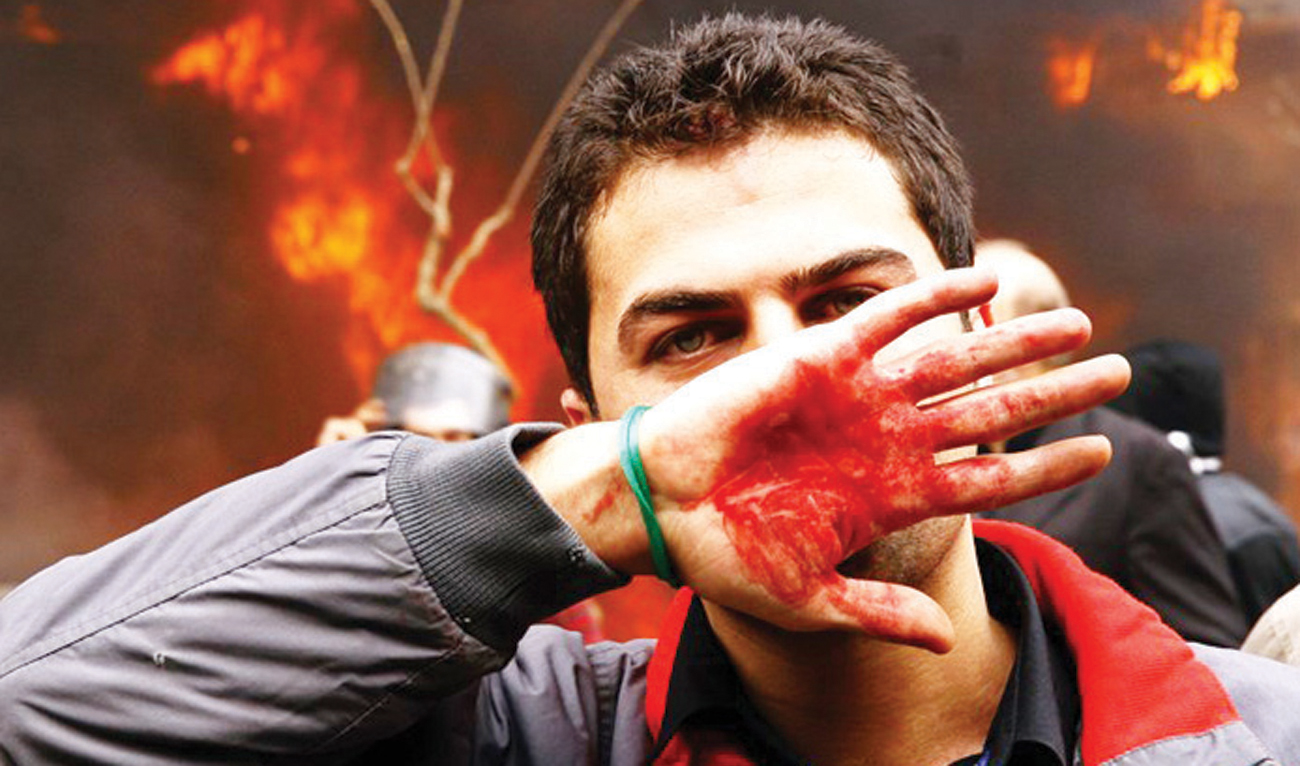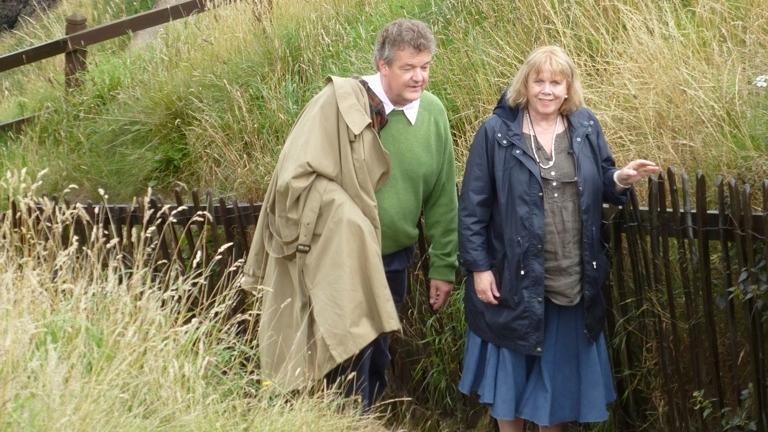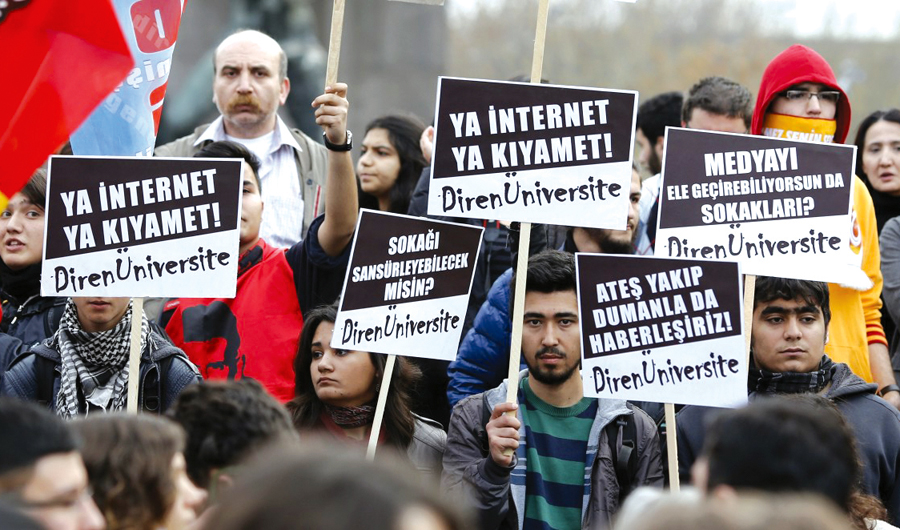Iran ‘deliberately’ suppressing death, arrest tolls: Rights group
BEIRUT: Human Rights Watch (HRW) on Wednesday accused the Iranian authorities of “deliberately covering up” deaths and arrests during a crackdown on demonstrations across the country earlier this month.
Protests broke out across sanction-hit Iran on Nov. 15, hours after a shock announcement of fuel price rise of up to 200 percent.
Reports of deaths and arrests emerged as security forces were deployed to rein in demonstrations, which turned violent in some areas, with dozens of banks, petrol pumps and police stations torched.
The extent of the crackdown is unclear, however, primarily due to an internet outage imposed during the unrest in a step seen as aimed at curbing the spread of videos of the violence.
HRW said the authorities were “deliberately covering up the scale of the mass crackdown against protesters” and called on them to “immediately announce the number of deaths, arrests, and detentions … and permit an independent inquiry into alleged abuses.”
Its deputy Middle East director, Michael Page, censured Iran for having so far “refused to provide an accurate death toll and instead threatened detainees with death.”
Rights groups, including Amnesty International, have estimated at least 140 people were killed and up to 7,000 arrested in the protests, HRW said in a statement.
Officials have confirmed five people were killed and have so far announced the arrest of about 500 others, including some 180 “ringleaders.”
“Keeping families in the dark about the fate of their loved ones while ratcheting up an atmosphere of fear and retribution is a deliberate government strategy to stifle dissent,” Page said.
Internet connectivity has returned to much of the country in recent days, except for on mobile telephone networks, said NetBlocks, a site that monitors internet disruptions.
The US said Tuesday that it had received thousands of messages from Iran about protests after appealing to demonstrators to defy restrictions on the internet.
“We’ve received to date nearly 20,000 messages, videos, pictures, notes of the regime’s abuses through Telegram messaging services,” Secretary of State Mike Pompeo told reporters, referring to the encrypted app.
Iranian officials have blamed the violence during demonstrations on the intervention of “thugs” backed by royalists and Iran’s archenemies — the US, Israel and Saudi Arabia.
Long-fraught links between Tehran and Washington plunged to a new low in May last year when the US unilaterally withdrew from an international accord that gave Iran relief from sanctions in return for curbs on its nuclear program.

Iran supreme leader claims protests a US-backed ‘conspiracy’Iraqi protesters set fire to Iranian consulate in Najaf



